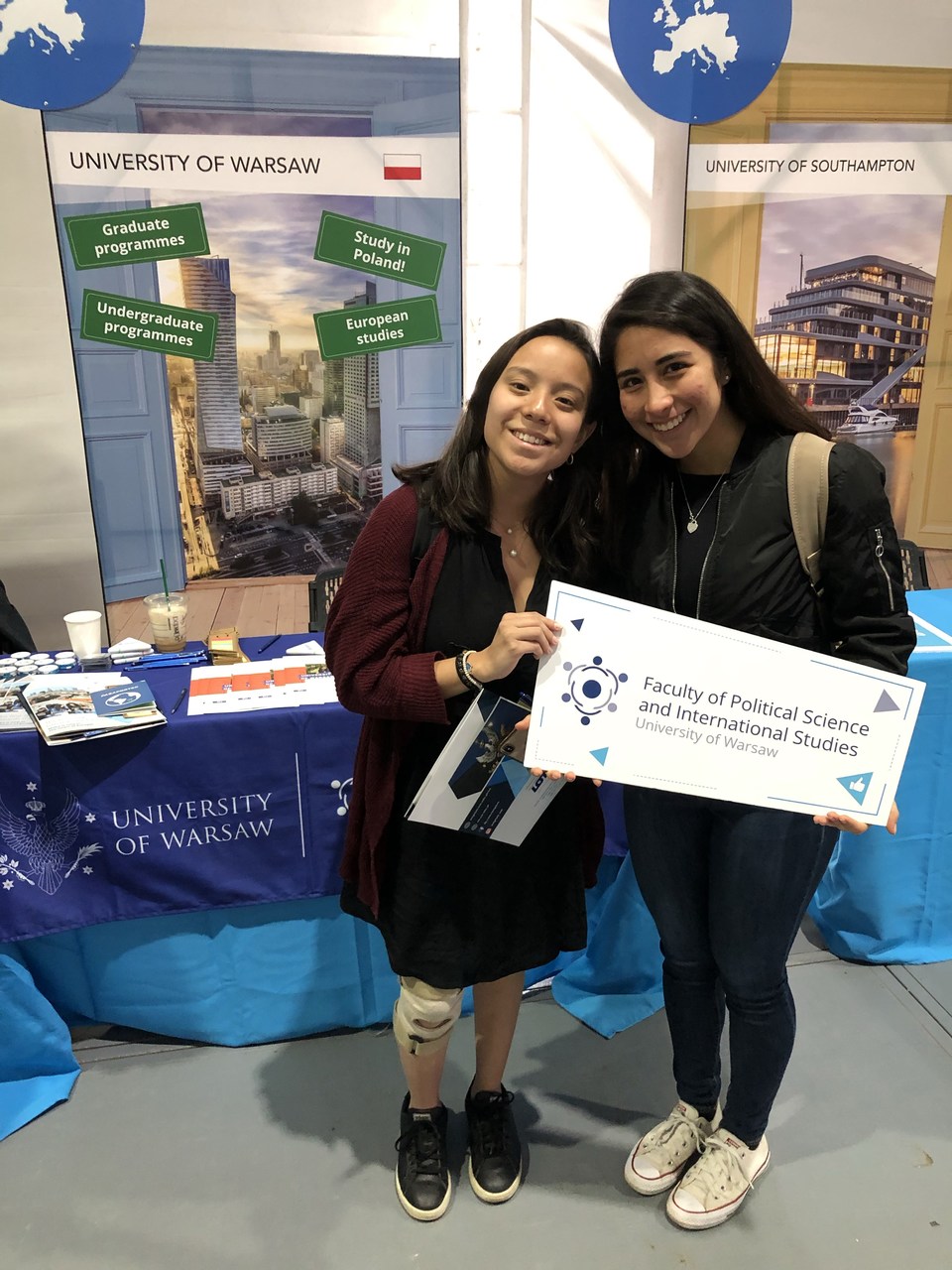Qualifications
Scientific article in English, on the basis of which a predisposition interview is carried out:
About the programme
The Graduate Programme in Political Science is addressed to candidates who hold Bachelor’s degrees (undergraduate studies) from Poland or abroad. This is a full-time graduate Master’s programme. The language of instruction is English.

Our students form a multicultural group from different countries and continents. We also teach diplomats from foreign embassies – a fact that proves the programme’s high quality.
Our students, apart from regular courses, actively take part in academic life, participating in different political science associations, conferences, debates, and lectures given by distinguished guests from all over the world, who are often invited by our university, as well as in social events.

Courses 1st year
Polish and General Contemporary History
Political Thought
International Relations
History of Political Institutions
Methods in Political Research
Protection of Intellectual Property
European Political Systems / Political System of the Republic of Poland
BHP (internet course)
Theory of Politics
Transformation in Central and Eastern Europe
2 x Optional Subject
Social Movements
Methodical proseminar
Courses 2nd year
Sociology and Psychology of Politics
Art of Political Negotiation and Communication
Foreign Policy of Poland
Politics in Russia/The Central and East European Perspective on Russia
Master’s degree seminar
Historical Politics in Europe
Transnational Processes and Governance
EU Law and Institutions
2 x Optional Subject
Tuition fee
Tuition fee for the first year of the programme – 3400 EUR (The fee can be paid in two instalments – 1700 EUR/semester).
Tuition fee for the second year of the programme – 3400 EUR (The fee can be paid in two instalments – 1700 EUR/semester).
Graduates of Political Science
Graduates will acquire the intellectual qualifications necessary to analyse political problems from an international perspective. Thanks to skill-building activities provided during their classes, they will be well-trained in the art of communication, negotiation and persuasion. Particular emphasis is placed on issues concerning European integration, as well as Poland and Eastern Europe.
